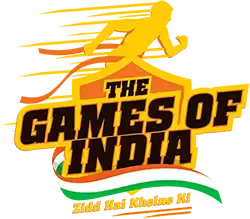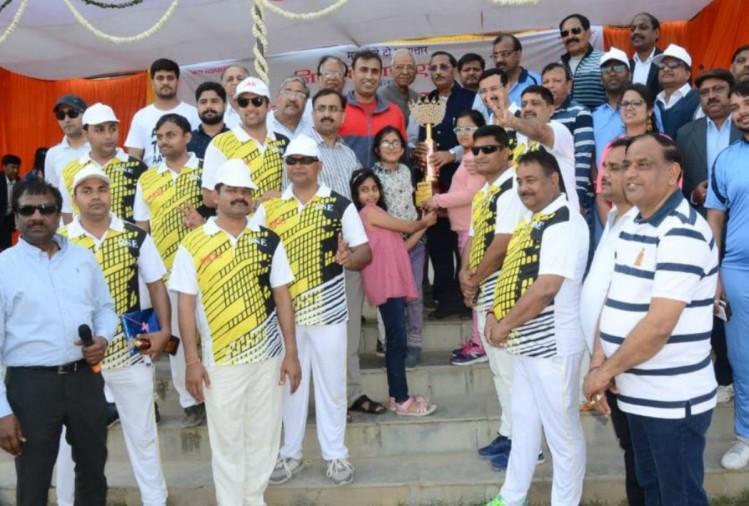ICC Unveils Radical Changes: Speeding Up Cricket & Navigating Gender Dynamics

In a groundbreaking move, the International Cricket Council (ICC) has introduced pivotal changes post the ODI World Cup 2023, aimed at accelerating the pace of the game and addressing evolving gender dynamics. Here’s a detailed look at the transformative alterations:
1. Speeding Up the Game: The ICC’s recent decision to implement a stop clock trial in men’s ODI and T20 cricket, effective from December 2023 to April 2024, is set to redefine the tempo of the sport. Bowlers are now under strict scrutiny, facing a penalty of five runs if they exceed 60 seconds to start the new over for the third time in an innings.
2. Pitch and Outfield Monitoring Evolution: Alterations in the pitch and outfield monitoring rules have simplified the criteria for pitch evaluations. The ICC has raised the demerit point limit from five to six over a five-year span. Any ground accumulating six demerit points within five years will now face a ban.
3. Time Out Rule for Bowlers: ICC’s new time out rule puts bowlers under the clock. If the bowling team fails to commence the next over within 60 seconds of the previous over’s completion for the third time in an innings, a five-run penalty will be imposed. This rule, initially a trial, might become a permanent fixture based on its impact.
4. Sri Lankan Cricket Status:
Despite the suspension of the board, the ICC has granted the Sri Lankan cricket team the ability to participate in international matches. However, the hosting rights for the Under-19 World Cup 2024 were shifted from Sri Lanka to South Africa.
5. Gender Eligibility Clarification: In a significant move, the ICC clarified eligibility criteria for transgender players. If a player, who grew up as a male, undergoes changes during adolescence similar to those of boys, they are ineligible to play women’s cricket even after undergoing a sex change.
6. Timed Out Rule: According to ICC rule 40.1.1, the next batsman must be ready to play the ball within the next two minutes after the batsman is out or retires. If not, it falls under the purview of timed out. The time limit for time out is two minutes under ICC rules.
PM Modi’s Heartfelt Gesture: Consoles Team India After World Cup Final Loss
These sweeping changes reflect the ICC’s commitment to adaptability, ensuring the sport remains dynamic, inclusive, and resonant with the modern era. As cricket enthusiasts brace for the impact of these transformations, the game enters a new era defined by both tradition and प्रोग्रेस।







